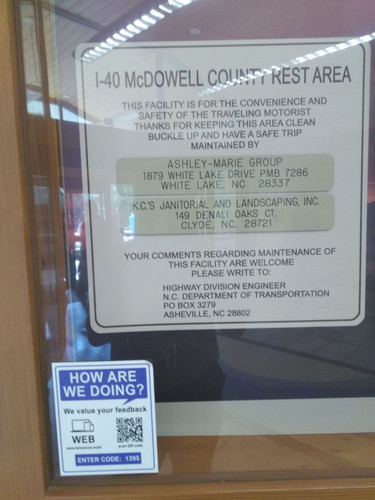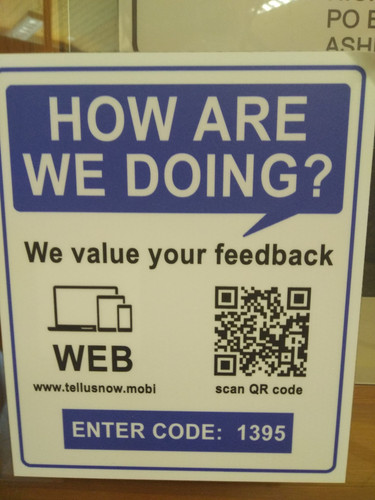So what am trying to say is, I don't understand the .app value if...wait how do I put this
As I view it in most cases it is to have a site so that potential users can go to your app and
learn about it, and then have the
links for versions at all app sites. Also, it is a site for
providing customer support, that by definition needs to in most cases be outside the app. I believe that the app stores (at least iOS does) has a rule that you must have a site to give for customer support.
Now some who use .app are not for that use. For example, if I was
an app developer, wanting one for my career site, it makes sense to use my or my company name with .app.
Another use I would see is if some companies mainly have some website NAME.com, but they want to direct users for
support for an app they also use they could say go to NAME.app (in same way many are using .news for the news site).
I think that ultimately .app has made medium progress. If it became so much the norm that when needing support for an app you would guess it would be at Name.app, in way people now in USA and to some degree in other parts guess the company site is at .com, then the demand for the .app would grow to some millions. Who knows if that will happen.
Not sure if you have gone to the links in the article with the examples Google are showcasing, or other examples I am giving.
I see .app as having a future as an extension. I am less clear about as a domain investment. I personally have none in my portfolio currently (had one in past).
Bob
Edit: Added note the website for an app does not have the same restrictions, on length, media etc, that the description in an app store does. As such it can be a more effective way to promote an app. This is not an argument for .app per se, since a .com or .tech or .io can do same, but is an argument re why we still need a website with an app.
 , but out of curiosity i just wish to know why the .app extension was created.
, but out of curiosity i just wish to know why the .app extension was created.










